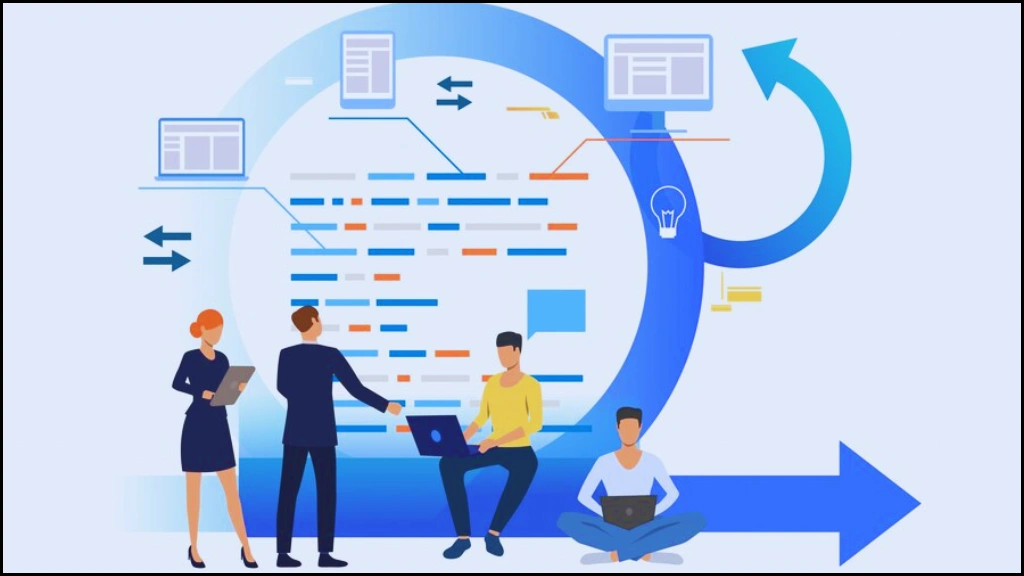
In today’s fast-paced world, efficiency is the backbone of success for any organization. For non-profits and pharmacies, the stakes are even higher. Limited resources, tight budgets, and the need for precision demand innovative solutions. Enter workflow automation—a game-changer that streamlines operations, reduces errors, and frees up valuable time. But here’s the catch: a one-size-fits-all approach doesn’t work. Non-profits and pharmacies require sector-specific solutions to address their unique challenges. Let’s explore how tailored workflow automation can revolutionize these industries.
Workflow Automation for Non-Profit Organizations
Non-profits operate with a dual focus: achieving their mission and ensuring financial sustainability. However, manual processes like donor management, grant tracking, and volunteer coordination can become overwhelming. This is where workflow automation for non-profit organizations steps in. By automating repetitive tasks, non-profits can redirect their energy toward impactful initiatives. For instance, automated donor management systems can track contributions, send personalized thank-you notes, and generate reports in real time. Similarly, grant application workflows can ensure deadlines are met and compliance is maintained. The result? Enhanced efficiency, improved donor relationships, and a stronger focus on the cause.
Pharmacy Workflow Automation Software
Pharmacies, on the other hand, face a different set of challenges. From prescription processing to inventory management, the margin for error is minimal. Manual workflows not only slow down operations but also increase the risk of mistakes, which can have serious consequences. This is where pharmacy workflow automation software becomes indispensable. Automated systems can streamline prescription verification, manage inventory levels, and even handle patient notifications. By reducing manual intervention, pharmacies can ensure accuracy, improve patient care, and boost operational efficiency. In an industry where time and precision are critical, automation is no longer a luxury—it’s a necessity.
Why Sector-Specific Automation Matters
While the concept of workflow automation is universal, its implementation must be tailored to the specific needs of each sector. Non-profits and pharmacies, for example, have distinct workflows, regulations, and priorities. Generic automation tools may not address these nuances, leading to suboptimal results. Sector-specific solutions, on the other hand, are designed with these unique requirements in mind. They offer pre-built templates, compliance features, and integrations that align with industry standards. This not only simplifies implementation but also maximizes the benefits of automation.
Getting Started with Workflow Automation
If you’re ready to embrace workflow automation, the first step is to identify pain points in your current processes. For non-profits, this could be donor management or volunteer coordination. For pharmacies, it might be prescription processing or inventory tracking. Once you’ve pinpointed the areas that need improvement, explore sector-specific automation tools that align with your goals. Remember, the right solution should be intuitive, scalable, and adaptable to your evolving needs.
Conclusion
Workflow automation is more than just a buzzword—it’s a transformative tool that can elevate non-profits and pharmacies to new heights. By adopting sector-specific solutions, these organizations can streamline operations, reduce errors, and focus on what truly matters. Whether it’s advancing a noble cause or delivering life-saving medications, automation empowers organizations to achieve their goals with greater efficiency and impact. The future is automated—are you ready to take the leap?
